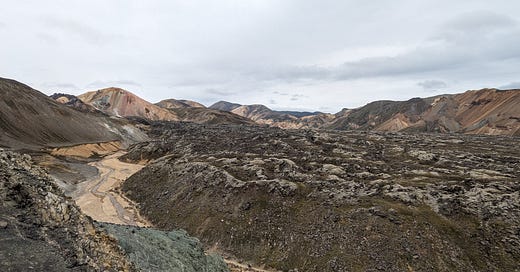I find most icebreaker exercises excruciating. This is not a particularly hot take. Whether you are sharing a fun fact about yourself with your 50-person lecture hall or panicking on Zoom for three minutes while you scramble to think of a safe-for-work answer that is different than what your six coworkers said, forced bonding is frustrating at best and painful at worst.
The general disdain for icebreakers shared by most is a shame, as I do find it easier to collaborate with classmates or coworkers if I know more about them than merely the color of their lunchbox and preferred brand of pen. Familiarizing yourself with new groups of people is just one of those things that needs to occur naturally to be effective — kind of like how it’s funny to watch your brother stub his toe but terrifying to watch him kick the refrigerator.
Since most icebreaker questions or discussions take place in professional settings, they often fall back on banal, non-confrontational topics. Your boss is not going…
Keep reading with a 7-day free trial
Subscribe to I've Ben Thinking to keep reading this post and get 7 days of free access to the full post archives.




